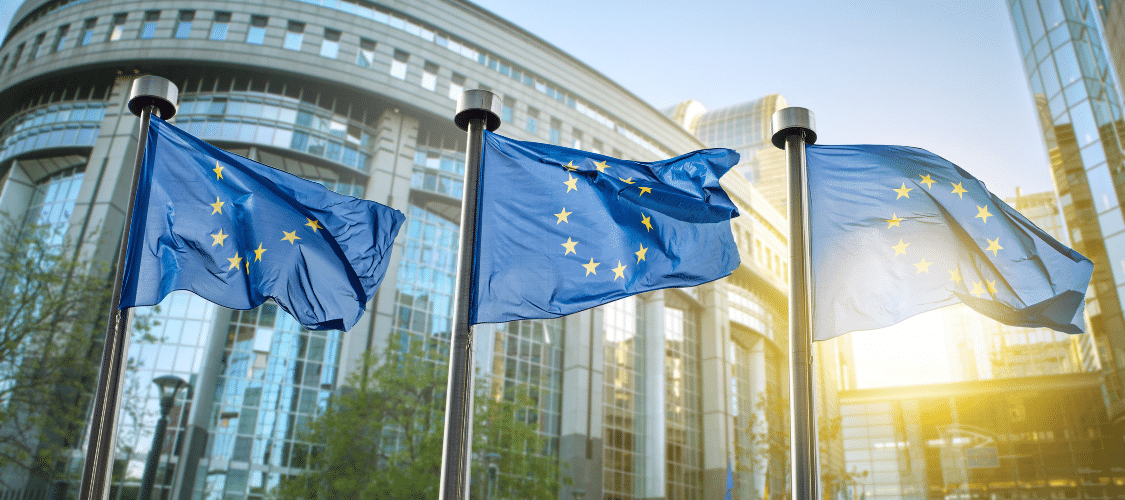Taking office on December 1, 2024, the European Commission is now working to eliminate some of its climate and human rights laws. This offensive against climate and human rights, under the pretext of “simplification,” is being criticized from all sides. Yet, deregulation is moving forward. Reclaim Finance has analysed the meetings organised with Executive Vice-President Stéphane Séjourné, and has obtained previously unpublished documents, including emails and their attachments, which show an effort by the private sector to eliminate the rules that affect them, in defiance of all climate objectives.
For the past year, the European Commission has had one obsession: “simplification.” This theme has been one of the Commission’s major focuses, particularly for Executive Vice-President Stéphane Séjourné. His work resulted in the “Omnibus I” proposal, which modifies the Due Diligence Directive (CSDDD) and the Corporate Sustainability Reporting Directive (CSRD).
Who are the actors that Stéphane Séjourné meets?
Reclaim Finance analysed the process of drafting this “Omnibus I” directive. The results of the analysis are clear: to prepare the major deregulation law [1], the Executive Vice President met only with businesses. No NGOs, no unions, no universities. He met only with representatives of private interests, motivated by private economic and financial considerations. In the preparation of this law, the climate, human rights, and biodiversity never had a chance.
Extending the analysis window to 1 October 2025, i.e. over 10 months, the results are hardly more encouraging. According to information available on the European Commission website [2], the Executive Vice-President has never organised a one-on-one meeting with NGOs. On the rare occasions when an NGO was present in the room, its voice was drowned out by the voices of businesses.
An example is this meeting on September 5, 2025, with 43 companies, a think tank, and a charitable foundation. The voices that did not directly represent private interests therefore represented approximately 4.4%, compared to 95.6%.
On the other hand, numerous meetings were organized, often one-on-one, with representatives of the private sector: MEDEF, CPME, TotalEnergies, Engie and Schneider Electric all met the VPE on several occasions.
During these same periods, for each time the Cabinet of the Vice-President meets with an NGO, association, union, university, or international organization, it meets with nine companies. A ratio of one to nine, which is not conducive to a balanced debate of ideas.
Is the omnibus law designed for or by lobbies?
The focus of the discussions on simplification therefore left little room for non-economic or extra-financial considerations and favored the resumption of demands from powerful private lobbies. This observation is exemplified by the removal of the clause requiring the study of the inclusion of financial services in the scope of the duty of vigilance, as revealed by the analysis of documents obtained by Reclaim Finance.
All major representatives of financial interests (FBF, EBF, MEDEF, AFG, AFME, etc.) thus requested the definitive exclusion of financial services from the duty of vigilance directive and were successful in the Commission’s proposal.
Without any real contradiction, the Commission therefore decided to deregulate by removing the article which planned to make finance responsible for its effects.



